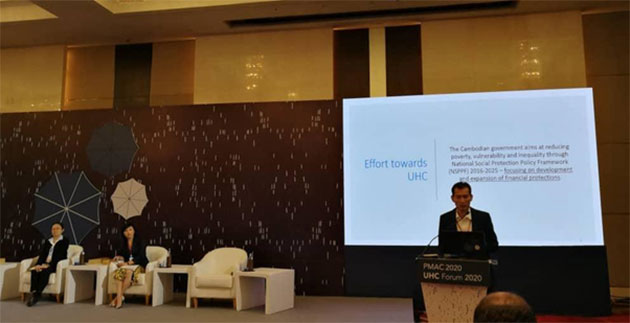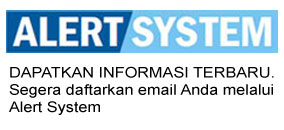PMAC 2020
Parallel Session 2.5
Assessing Health Interventions for a Fair, Efficient and Sustainable UHC
Saturday, 1st February 2020
Teo Yik Ying, Chhorvann Chhea, Kenji Shibuya, Walaiporn Patcharanarumol,
Erica Di Ruggiero, Stephanie Anne Lim Co
Side Meeting
Opening Session
Plenary Session 0
Plenary Session 1
Parallel Session 1.2
Parallel Session 1.4
Plenary Session 2
Parallel Session 2.1
Parallel Session 2.2
Parallel Session 2.3
Parallel Session 2.5
Parallel Session 3.2

Universal Health Care (UHC) has two general dimensions namely multi-sectorial advocacy for health programs and efficient delivery of interventions. Assessment of health interventions for UHC quality in the context of the aforementioned dimensions is essential to ensure its sustained success. UHC assessment has to be a regular activity for governments and funding agencies to effectively design and extend dynamic health packages that are relevant to the people’s ever-changing needs.
Affordability, accessibility, quality and sustainability among key indicators in assessing UHC underscored the complexity of the decision-making processes in health assessment. UHC assessment should not only about fiscal space but also on how resources are mobilized and how effective these are on a national and international level.
Funding agencies have to proactively identify indicators that reflect not just health output which are usually the emphasis of impact assessments, but the health delivery systems and processes as well. There is a need to identify parameters that are sensitive and fair to the contexts of the local communities and using current systems and technology that measure UHC success indicators can be improved. Collaboration and transparency among all stakeholders are keys to achieve UHC’s sustainability, adequacy, fairness and efficiency.








